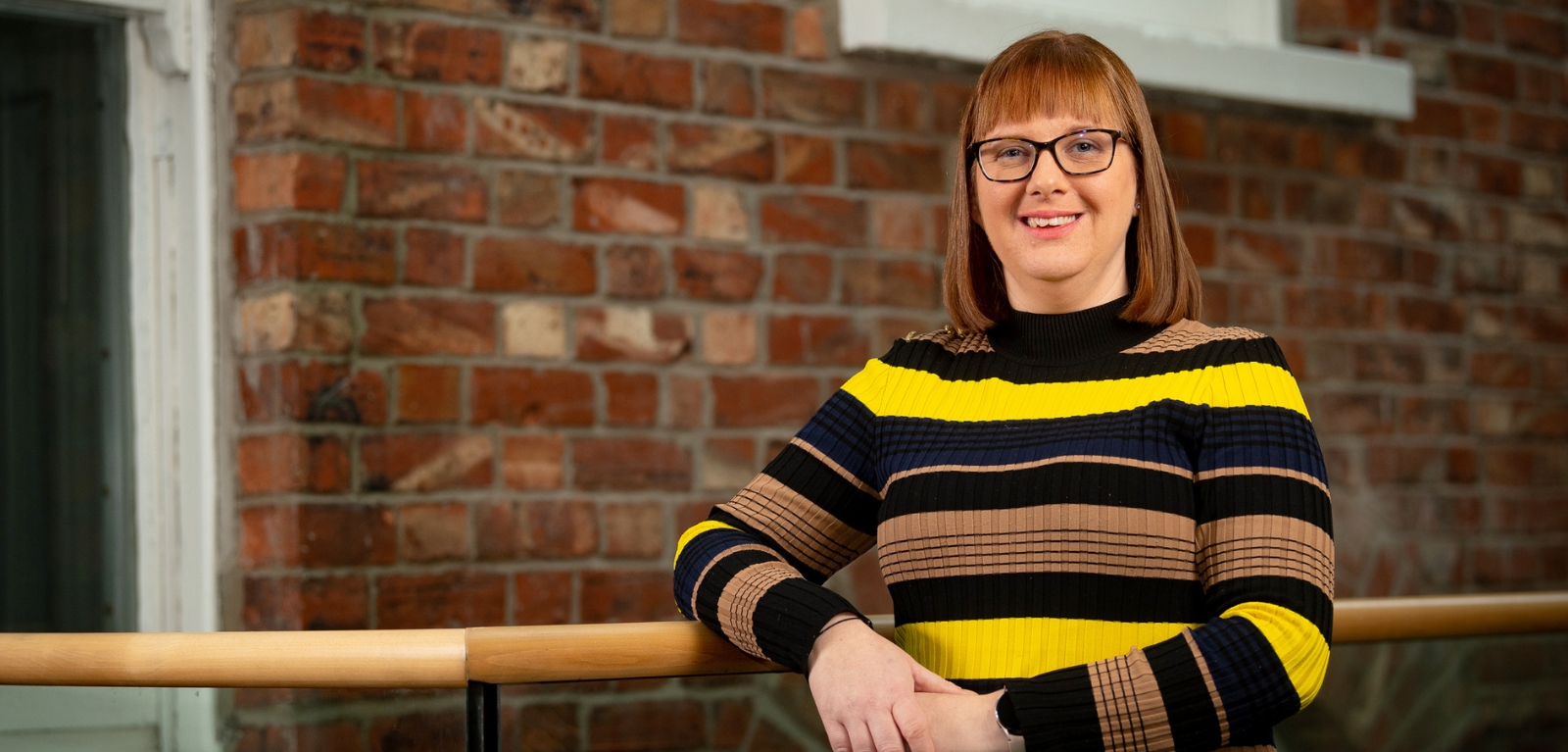Dr Bronagh Byrne is a Senior Lecturer (Social Policy) and Programme Director of the MSc Children's Rights in the School of Social Sciences, Education and Social Work.
Tell us about your research
My research focuses on disabled children and young people’s experiences of their rights across different aspects of their lives. I do this in two ways: firstly, through critically analysing the extent to which international disability and children’s rights law is being effectively implemented in domestic law, policy and practice, and, secondly, through asking disabled children about their lived experiences using rights-based approaches to research. I have a particular interest in deaf and disabled children’s experiences of their right to inclusive education.
What first attracted you to your research field?
As a deaf person, I experienced first hand the extensive barriers which subsequently ‘disabled’ me from accessing the curriculum and engaging in employment opportunities, as well as social activities on the same basis as my hearing peers. This sparked a passion in me to critically examine and challenge these systemic structural and cultural barriers, challenge stereotypes and to work with young people to change things for current and future generations. I applied to do a PhD in Sociology and Social Policy and the rest is history!
What impact is your research having on people's lives?
At the beginning of my academic career, I made a commitment to only undertake research that would make a potential difference to people’s lives no matter how small.
I am very privileged to have been involved in projects with a number of colleagues that are making a difference whether in law, policy or practice. For example, a recent project examining the emotional well-being of deaf children has directly led to the establishment of a pilot NI-wide Child and Adolescent Mental Health Service for Deaf Children.
Elsewhere, research has directly informed legislation such as the Children’s Services Co-Operation (Northern Ireland) Act (2011) and informed the work of national and international public bodies including UNICEF, the Council of Europe and the European Commission. More recently I have played a role in the #CovidUnder19 study - an initiative led by Terre des hommes and the Centre for Children’s Rights at Queen’s in collaboration with the UN Office of the Special Representative to the Secretary General on Violence Against Children and around 30 partner organisations. Through a global survey, the project captured the views and experiences of over 26,000 children in 137 different national contexts to meaningfully involve children in responses to the COVID-19 pandemic. This is the largest ever global survey of children’s rights developed with children for children and included an Easy Read version of the survey for children with learning disabilities.
What do you find most rewarding about your work?
I am Co-Director of the Centre for Children’s Rights in SSESW, along with my colleague Professor Laura Lundy. The Centre is a rich, vibrant and incredibly supportive research environment that includes academic and research staff across disciplines, as well as amazing postgraduate research and taught students. It provides the opportunity to explore new ideas as well as unpack and challenge research tensions. None of our projects are an individual endeavour but reflect a coming together of like-minded, passionate scholars who are deeply committed to children’s rights and social justice.
About Bronagh
What do you like to do in your spare time?
I am an avid cold water swimmer and swim in Strangford Lough at least twice a week all year round.
What are you currently reading?
Year of the Tiger: An Activist’s Life by Alice Wong
Besides your phone and computer, what gadget can't you live without?
My Cochlear Implant. I received a cochlear implant a year ago and while I felt I was living in a Scooby Doo movie for the first nine months life is slowly returning to 4D. I take it off each night and by morning anything remotely metal nearby (coins, jewellry, keys, the odd teaspoon) has been known to attach itself to the CI magnet.
